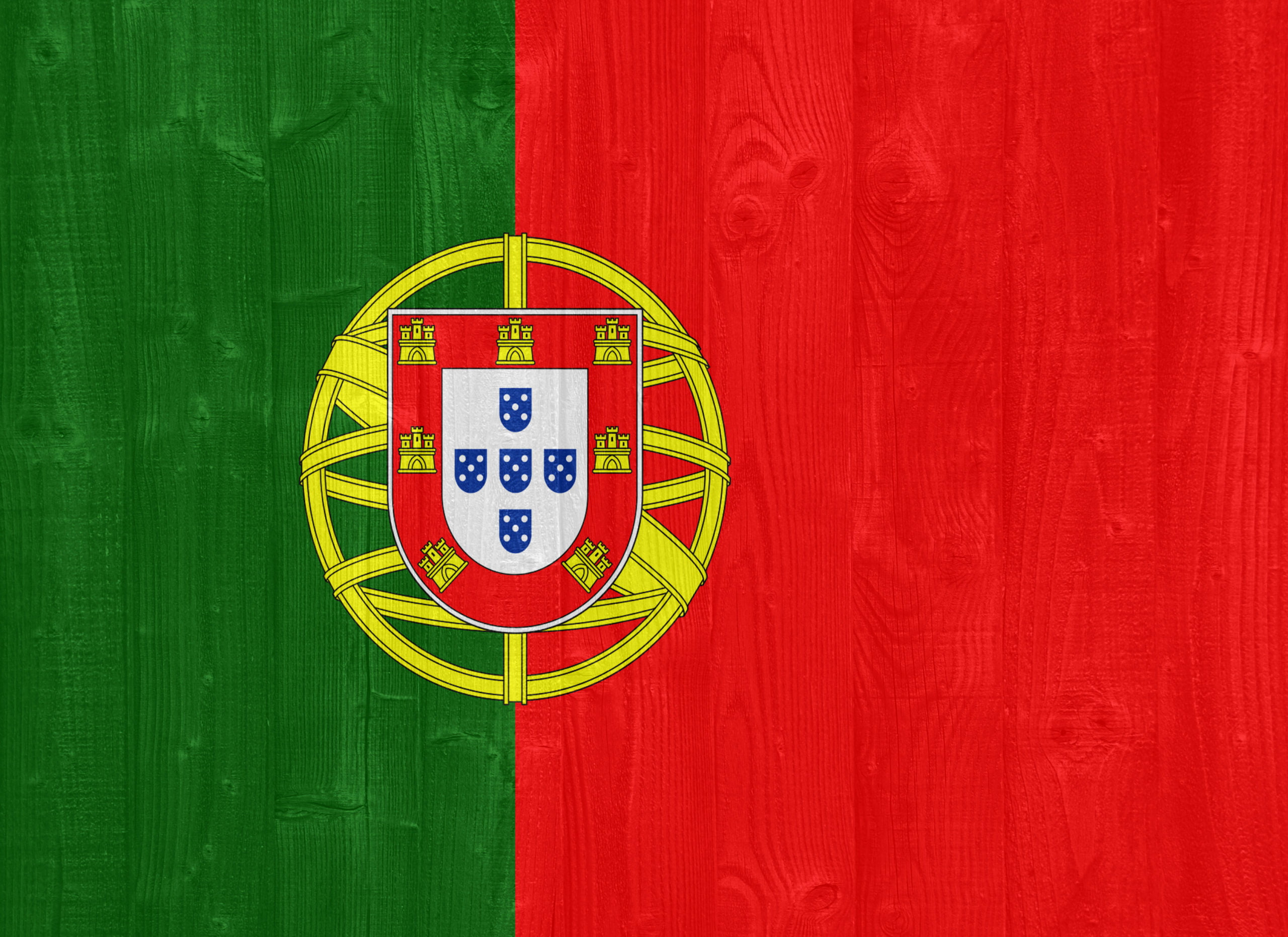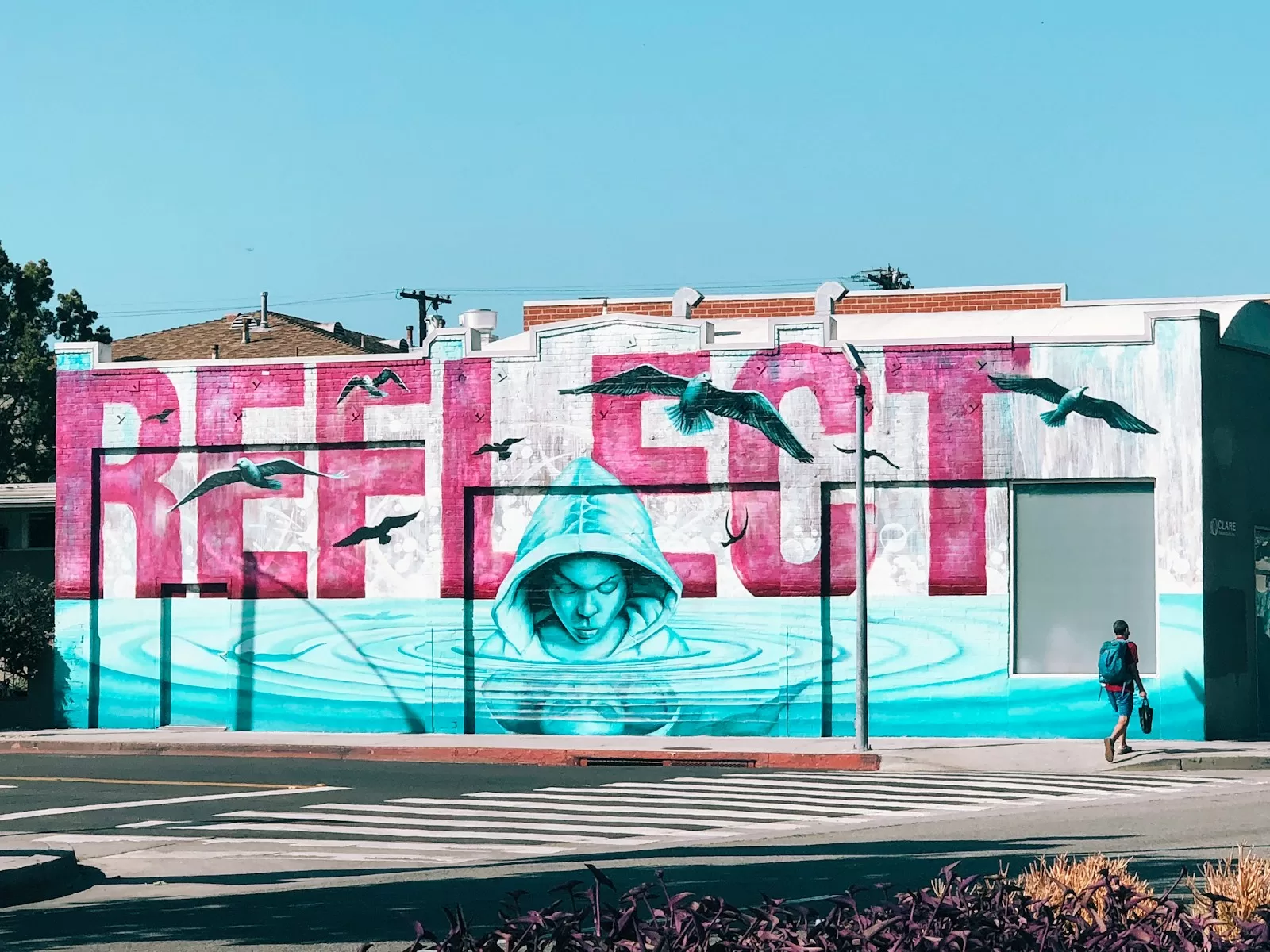Learning a little about Portugal’s history is essential to understand its culture. Have you considered learning more about Portugal’s history before your next adventure? You can observe its 900 years of history in the churches, streets, and markets you visit.
The Iberian Peninsula’s history predates Portugal’s formation as a country. However, I will focus on the History of Portugal as a nation for this particular article.
In the future, I will write additional articles discussing other empires and groups that tried to take over this territory.

Portugal History: Founding of a Nation
Portugal was founded in 1143, the year of signing the Zamora Treaty, which was agreed upon by D. Afonso Henriques, the first King of Portugal.
Alphonse, the VII of León and Castile, was involved with recognizing Portugal as an independent kingdom. Pope Alexander III formally recognized the kingdom in 1179
During the 12th and 13th, unchanged until today, Cene Algarve consolidated the territory. Portugal, with defined borders, began to examine itself.
University of Coimbra
Concluding the 13th Century, King D. Dinis established the prestigious University of Coimbra. This university is one of the oldest in Europe. At the time, it was one of the most important centers in Portugal.
Cathedrals, castles, and palaces were built as the administration began to cement its territory.
The Second Portuguese Dynasty
Therefore, the second Portuguese dynasty began in 1385. A popular movement ascended D. João I to the throne of Portugal.
The sons of D. João I and D. Filipa de Lencastre were applauded by, Luiz Vaz de Camões Os Lusíadas, as a “noble generation of great princes”, Ínclita geração, altos Infantes. Through humanism, education, and governing skills, she achieved incredible popularity among them.
The Portuguese Discoveries

However, D. Joao I’s son Henrique is known in history as the visionary leader who made possible one of humanity’s most incredible adventures: The Discoveries.
Thanks to the momentum of Infant D. Henrique, better known as Henri the Navigator, the Portuguese traversed the seas, implementing the best scientific knowledge at hand.
As a result they gave a nod to the heroism of Infant D. Henrique, his name can be found all over Coimbra.
Portuguese History from the 14th-16th Centuries

During the 14th, 15th, and 16th centuries, the Portuguese navigated to Africa, the Far East, and deep into South America. They subjugated lands, stockpiled wealth, and brought things to Europe that had never been observed before.
In 1498, Vasco da Gama realized the maritime passage to India. Then, in 1500, Pedro Álvares Cabral arrived in Brazil. The Portuguese would then reach Oman (1508), Malaysia (1511), Timor (1512), China (1513), and Japan (1543).
Many Portuguese cathedrals depict Portuguese conquests. When you enter a cathedral, look at the artwork and sculptures next time. When you visit the churches, remember the importance of boats and navigation at the time. Many of the sculptures inside are nods to these conquests.
14th Century Portuguese History

Between 1519 and 1522, the well-known Portuguese, Fernão de Magalhães, often mentioned as Magellan planned and commanded the first circumnavigation of the Globe.
The beginning of globalization might have first developed by the Portuguese. To celebrate the era of Portuguese navigation, particularly the arrival in India, King D. Manuel built the Jeronimos Monastery—a singular building in which nautical motifs were inserted into the armillary sphere in the Portuguese flag.
The small kingdom eventually became the largest Empire in the world. Portugal brought together wise men and mercenaries. Therefore, the development of scientists, painters, businessmen, poets, and princes occurred in a Renaissance fashion.
The Portuguese also enslaved people, which they used to form their wealth.
Global Power in Portugal’s History
The rise in power and wealth awoke others’ jealousy. In the battle at Alcácer Quibir in the North of Africa, the young King D. Sebastião unexpectedly died.
As a result, the Spanish kings occupied the vacant throne. Over 60 years, the two nations united under the same government.
In 1640 D. João IV became the next Portuguese King. He restored the country’s independence from Spain. In the 18th Century, art-loving absolutist King D. João V ordered the construction, in Mafra, of a giant Convent and palace. n Lisbon. the Aqueduct of Águas Livres.
Portugal History: The Earthquake of 1755

However, the kingdom’s luxurious and exotic capital almost completely vanished in 1755 due to a devastating earthquake. The prime minister of King D. José, Marquês de Pombal, recreated a new Lisbon.
Marquês de Pombal’s monumental task was historic, so a massive monument was erected in Lisbon to honor him for his take on nature’s furies.
19th Century Portuguese History
However, in the early 19th Century, Napoleon used his troops to invade Portugal. The Portuguese court moved to their occupied lands in Brazil to ensure the continuity and independence of the Portuguese dynasty.
King João VI returned 14 years later, in 1821, to find a different country. The liberal movement transformed the political landscape beside the scars of war years. The absolute power of the King was no longer present. The approval of the first Constitution would soon be written.
After D. João VI’s death, a civil war broke out between his two sons (1828). D. Miguel, supported by the courts, opposed the Constitution.
D. Pedro, on the other hand, defended the Constitution and a liberal vision of the State. D. Pedro’s legal prohibition of taking the Portuguese crown was partly due to his Brazilian independence declaration six years earlier.
Convenção de Évora Monte

They would settle the quarrel in 1834 with the “Convenção de Évora Monte” signing. The military operations ended and determined a return to a liberal constitutional version of the monarchy.
However, Republican ideas started to gain momentum towards the end of the 19th Century. A Republic was established after the revolution of October 5th, 1910, and King’s assassination in 1908.
The Last Portuguese King in History

D. Manuel II was the final King of Portugal. The first elected Head of State was Republican Teófilo Braga. Most important to modern times was the first president of the Portuguese Republic, Manuel de Arriaga.
After a disturbed duration and the Portuguese participation in the First World War, a military coup caused the “Estado Novo” to emerge. However, this was an authoritarian, one-party regime dominated by António Oliveira Salazar, who governed the country for almost half a century.
However, on April 25th, 1974, the Carnation Revolution returned freedom and democracy to the Portuguese. The revolution swiftly recognized the sovereignty of the one-time African colonies.
Once again, Portugal circled and encountered Europe. In 1986, the country entered the European Economic Community (EEC). Since then, the Portuguese have been enthusiastic participants in constructing a new Europe without forgetting their history, character, and traditions.
Atypical Last Thoughts
So, when you walk around the streets of Portugal, glance at the names of the buildings. Remember this article’s brief discussion of Portuguese history. You might be sleeping in a hotel named after a Portuguese King or on a road named after some guy who sailed worldwide.
Subscribe
Are you an avid traveler seeking inspiration for your next adventure? Look no further than the Atypical Vagabonds newsletter. By subscribing to our newsletter, you gain access to a treasure trove of travel tips, destination guides, and captivating stories from around the globe. Our expertise in exploring off-the-beaten-path destinations. We offer a refreshing perspective on travel, encouraging you to embrace the unconventional and discover unique experiences. Join the community today and let our wanderlust-inducing content inspire you. Therefore, you can embark on extraordinary journeys. Subscribe to receive their latest updates directly in your inbox and never miss a travel adventure again.
Donations
Love what you’re seeing on Atypical Vagabond? Help us keep the adventures coming! Consider donating through PayPal’s secure payment system. Every contribution goes a long way in fueling our mission to bring you more thrilling content and unforgettable experiences. Join us in shaping the future of travel—donate today!




[…] I will help you with quick views of Portuguese history that might be unclear. However, it is essential to comprehend these parts of Portugal’s […]